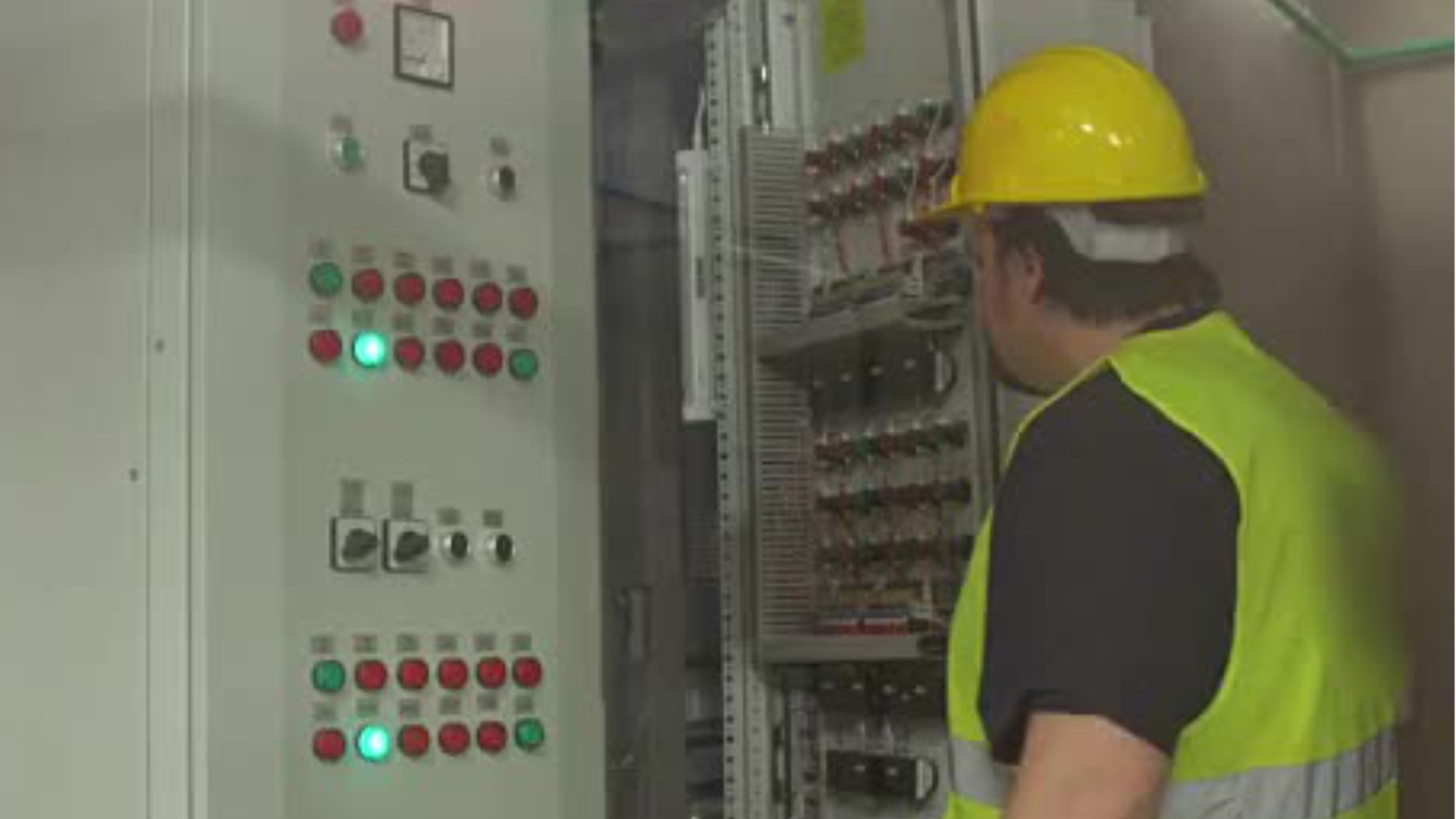Power Distributors & Dispatchers
Power System Dispatcher, Power System Operator, Systems Operator, Transmission System Operator (TSO)
 Select a military branch to see samples.
Select a military branch to see samples.
Electrical Power Production; Electrical Power Production Apprentice; Electrical Power Production Craftsman; Electrical Power Production Helper; Electrical Power Production Journeyman
Construction Engineering Technician; Powerline Distribution Specialist (RC); Prime Power Production Specialist
Electrician's Mate; Marine Safety Specialist Engineer; Naval Engineering Specialty
Electrician; Utilities Chief; Utilities Officer; Utilities Systems Technician
AEGIS Mark C. Pope (MCP) 400Hz Power Conversion Maintenance Technician; DDG 51-M Gas Turbine Electrical Maintenance Technician; Electrician's Mate; Electronics Technician, Nuclear Power; Gas Turbine Electrical Systems Maintainer; Gas Turbine Electrical Systems Technician; Gas Turbine System Technician (Electrical); Machinist's Mate, Nuclear Power; Submarine Propulsion Plant Electrical Manager; Submarine Reactor Controls Operator
No similar titles were found.
What they do:
Coordinate, regulate, or distribute electricity or steam.
On the job, you would:
- Coordinate with engineers, planners, field personnel, or other utility workers to provide information such as clearances, switching orders, or distribution process changes.
- Respond to emergencies, such as transformer or transmission line failures, and route current around affected areas.
- Control, monitor, or operate equipment that regulates or distributes electricity or steam, using data obtained from instruments or computers.
Knowledge
Arts and Humanities
- English language
Safety and Government
- public safety and security
Math and Science
- arithmetic, algebra, geometry, calculus, or statistics
- physics
Communications
- telecommunications
Skills
Basic Skills
- keeping track of how well people and/or groups are doing in order to make improvements
- listening to others, not interrupting, and asking good questions
Problem Solving
- noticing a problem and figuring out the best way to solve it
Abilities
Verbal
- communicate by speaking
- listen and understand what people say
Ideas and Logic
- notice when problems happen
- make general rules or come up with answers from lots of detailed information
Personality
People interested in this work like activities that include practical, hands-on problems and solutions.
They do well at jobs that need:
- Adaptability
- Stress Tolerance
- Self-Control
- Cautiousness
- Integrity
- Attention to Detail
Technology
You might use software like this on the job:
Spreadsheet software
- Microsoft Excel
Presentation software
- Microsoft PowerPoint
Industrial control software
- Supervisory control and data acquisition SCADA software
- Wide area monitoring system WAMS software
Education
Education: (rated 3 of 5)
certificate after high school or
associate's degree
usually needed
associate's degree
usually needed
Job Outlook
Below Average
New job opportunities are less likely in the future.
Explore More
- Electrical & Electronics Repairers, Commercial & Industrial Equipment
- Electrical & Electronics Repairers, Powerhouse, Substation, & Relay
- Hydroelectric Plant Technicians
- Power Plant Operators
- Stationary Engineers & Boiler Operators
You might like a career in one of these industries:
See more details at O*NET OnLine about Power Distributors & Dispatchers.





